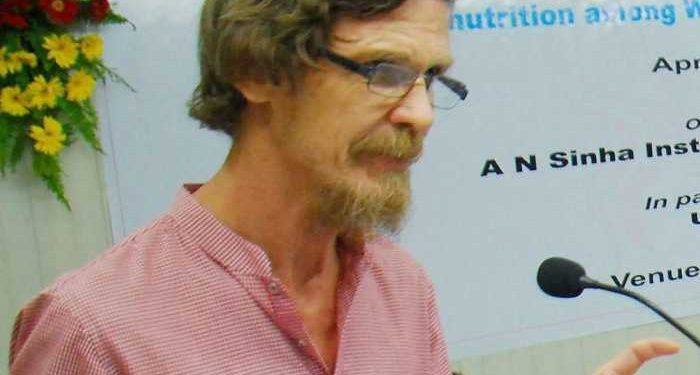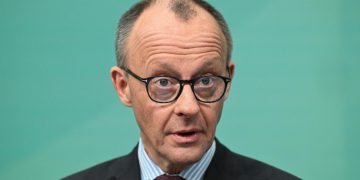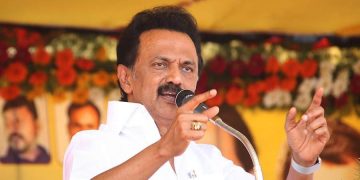New Delhi: The Indian macroeconomic situation is bleak and all set to get worse if local or national lockdowns continue for some more time, renowned economist Jean Dreze said Sunday.
Dreze further said that due to the country-wide lockdown, social unrest in many parts of India has already started.
The country is under a 21-day lockdown as part of larger efforts to curb spreading of coronavirus infections.
“The situation is bleak and all set to get worse, if local or national lockdowns of varying intensity continue for some time, as is likely to happen.
“Even otherwise, the world-wide recession is likely to have adverse affects on the Indian economy,” the Belgian-born Indian economist told PTI in an interview.
Talking about the impact of the coronavirus outbreak on the Indian economy and job creation, Dreze noted that some sectors are badly affected, but segments like medical care may even grow during the crisis.
“Most sectors would be unable to thrive if others are not in good shape.
“… It’s like, if a bicycle has a puncture, you cannot expect it to move forward on one wheel. In short, if the crisis lasts, it will spread to most parts of the economy, including the banking system,” he emphasised.
Observing that as soon as the lockdown is relaxed, migrant workers who are marooned in different parts will try to return home, Dreze pointed out that they will probably hesitate to migrate again for a while.
“But there is hardly any work for them at home, except for some farming if they have land,” he said, adding that because of reduced migration, sectors that rely heavily on migrant labour may face a shortage of manpower.
Pointing out that already there are reports of shortage of labour for wheat harvest in parts of north India, Dreze said, “This is the paradox of this situation, that shortages and surpluses may coexist, because the circulation channels have been severely disrupted.”
Asked whether it is the right time to go for Universal Basic Income (UBI), he said this is not the time to reinvent the wheel.
“That is why it is best to build on existing schemes for now, including the public distribution system and social security pensions.
“… In other contexts, UBI may be feasible and appropriate, but in India today, it is a distraction,” Dreze, a former member of the previous UPA government’s National Advisory Council argued.
Several international credit rating agencies have cut growth estimates for India in recent days on concerns about the fallout of the Covid-19 outbreak.
According to Fitch Ratings, India may post in 2020-21 a GDP growth of 2 per cent, the slowest since the economy was liberalised 30 years back. Asian Development Bank (ADB) sees India’s economic growth slipping to 4 per cent in the current fiscal (April 2020 to March 2021), while S&P Global Ratings last week further slashed GDP growth forecast for the country to 3.5 per cent from the previous downgrade of 5.2 per cent.
Moody’s Investors Service has also slashed its estimate of India’s GDP growth during 2020 calendar year to 2.5 per cent, from an earlier estimate of 5.3 per cent, saying the coronavirus pandemic will cause unprecedented shock to the global economy.
(PTI)






































